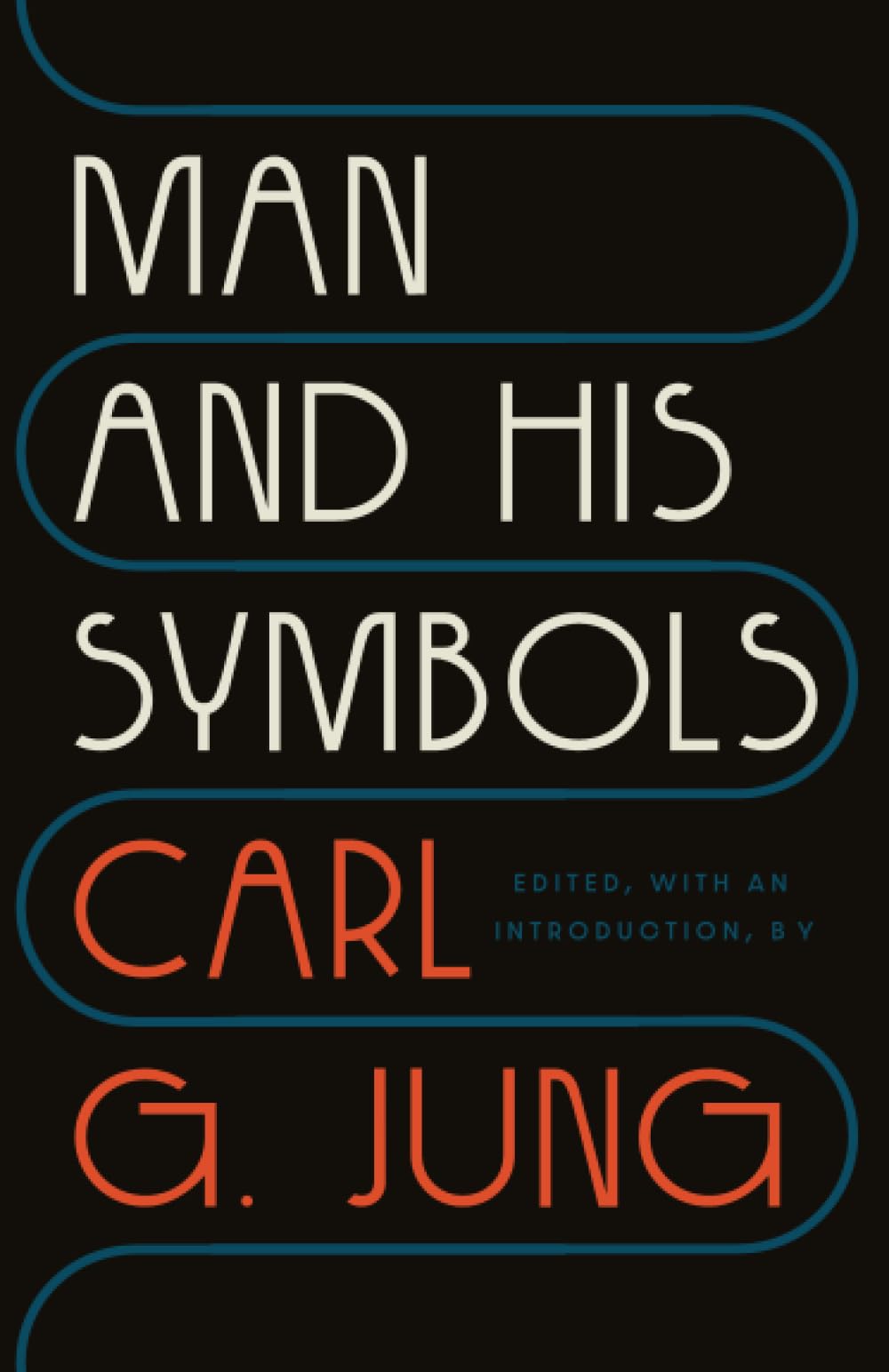內容簡介
內容簡介 The landmark text about the inner workings of the unconscious mind—from the symbolism that unlocks the meaning of our dreams to their effect on our waking lives and artistic impulses—featuring more than a hundred updated images that break down Carl G. Jung’s revolutionary ideas“What emerges with great clarity from the book is that Jung has done immense service both to psychology as a science and to our general understanding of man in society.”—The Guardian “Our psyche is part of nature, and its enigma is limitless.” Since our inception, humanity has looked to dreams for guidance. But what are they? How can we understand them? And how can we use them to shape our lives? There is perhaps no one more equipped to answer these questions than the legendary psychologist Carl G. Jung. It is in his life’s work that the unconscious mind comes to be understood as an expansive, rich world that is just as vital and true as the conscious mind, and it is in our dreams—those integral expressions of our deepest selves—that the unconscious communicates itself to us. Man and His Symbols offers us invaluable insight into the symbols we dream that demand understanding, into how they affect our lives, and into why we seek meaning in them at all. It is a seminal text, written explicitly for the general reader, full of fascinating case studies and examples pulled from a variety of surprising sources, that proves to be—decades after its conception—a relevatory, absorbing, and relevant experience.
作者介紹
作者介紹 Carl Gustav Jung (1875-1961) was a Swiss psychiatrist, an influential thinker, and the founder of analytical psychology (also known as Jungian psychology). Jung's radical approach to psychology has been influential in the field of psychology and in countercultural movements across the globe. Jung is considered the first modern psychologist to state that the human psyche is ""by nature religious"" and to explore it in depth. His many major works include Analytic Psychology: Its Theory and Practice; Man and His Symbols; Memories, Dreams, Reflections; The Collected Works of Carl G. Jung; and The Red Book.
